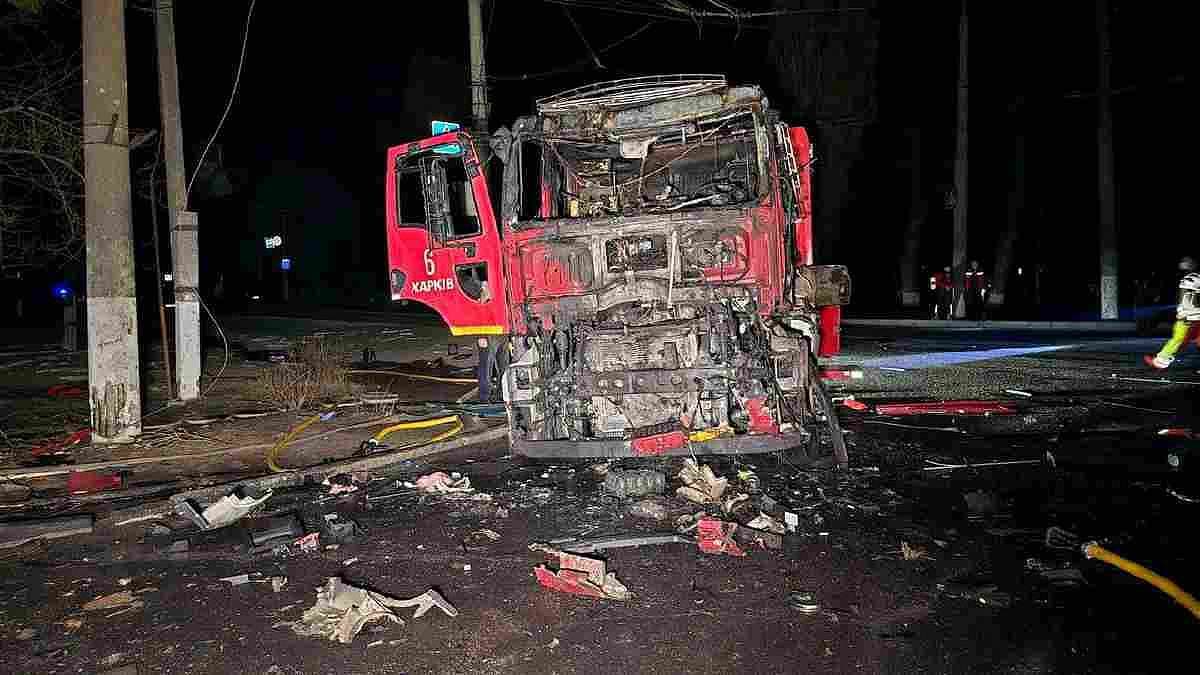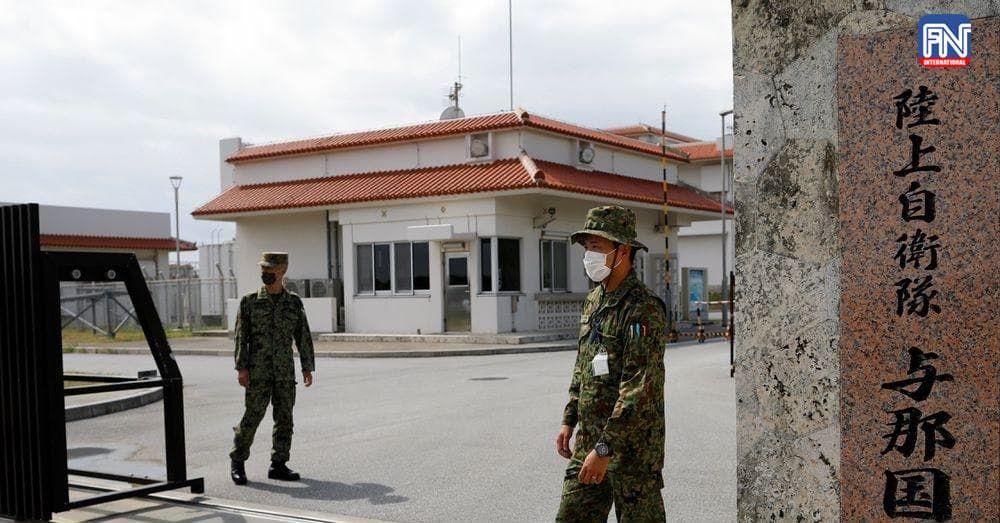U.S. and Ukraine Narrow Gaps on 28 Point Peace Framework
After intensive talks in Geneva, U.S. and Ukrainian negotiators said they made "significant progress" in narrowing differences on a 28 point peace framework designed to end the war with Russia. The outcome matters because unresolved security guarantees and questions about allied support will shape the conflict's future and test international law and alliance politics.

U.S. and Ukrainian teams took tentative but important steps toward a comprehensive settlement of the war with Russia during high level meetings in Geneva on November 23. The talks, led by U.S. Secretary of State Marco Rubio together with a Ukrainian delegation, concentrated on the hardest elements of a 28 point peace framework, including security guarantees, the potential role of NATO, and mechanisms to verify ceasefires and prisoner exchanges.
U.S. officials described the negotiations as having achieved "significant progress," though no final accord was reached. Diplomats said teams narrowed differences on the text of several provisions, but key questions remain about how to guarantee Ukraine's territorial security in a durable and enforceable way, and how allied support would be operationalized without drawing NATO into direct confrontation with Russia.
The Geneva setting underscored the diplomatic sensitivity of the talks. Switzerland has long been a neutral venue for delicate negotiations, and delegates used the relative calm to focus on technical arrangements. Attention centered on verification architecture, including monitoring of ceasefires and independent procedures for prisoner releases, which negotiators presented as essential confidence building measures that could reduce the risk of renewed hostilities as political questions are resolved.
Legal and political trade offs proved central to the friction. Ukrainian officials insisted that any framework must provide robust protections for sovereignty under international law and concrete, immediate assurances that can be actioned if violations occur. American negotiators sought to balance those demands with the political constraints facing allies who remain wary of direct military commitments that might trigger a broader war. That tension reflects a wider international dilemma over the difference between collective security arrangements and treaty commitments that carry automatic military obligations.
Allies in Europe and beyond will be watching how the plan addresses compensation for displaced civilians, reconstruction financing, and mechanisms for lifting or reimposing sanctions. For Kyiv, the integrity of territorial boundaries and a credible means to deter future aggression are non negotiable. For Washington and its partners, the question is how to provide deterrence without an open ended military commitment that could escalate the conflict.
Work will continue as negotiators attempt to reconcile Ukrainian concerns that an earlier U.S. backed draft conceded too much to Russia. Diplomats said the next phase would involve detailed legal drafting and consultations with allied capitals to determine what forms of support and what verification measures would be politically and practically feasible.
The Geneva exchanges mark a diplomatic intensification that could set the stage for further progress or a renewed impasse. The coming weeks will test whether technical convergences can be translated into a durable political settlement, and whether the international community can design guarantees that satisfy Kyiv while containing risks of a wider confrontation.


